*
A neighborhood newspaper runs ads in the classified section every week for homes that are being auctioned. It appears to be mortgage companies that have foreclosed and are trying to recover their losses. The only information it gives about the property is type, (single family, two family, etc.) judgement amount and the date of the auction. They do not allow any inspections, so all I can see is from the outside. There appears to be no minimum bid. A couple I’ve looked at are nice little houses in real good neighborhoods. Even if they were gut jobs, they could be rehabbed into very desireable properties. Any experiences with these? Could there be any surprises that could pop up later – i.e. debts that could be assigned to the new owner? Could the previous owners still be living there and impossible to remove? Could a trained eye find major structural defects just by looking at the outside of a house?
Discussion Forum
Discussion Forum
Up Next
Video Shorts
Featured Story

Ford Motor Company slashes prices for some F-150 Lightning models to stimulate demand for electric vehicles (EVs).
Featured Video
How to Install Exterior Window TrimHighlights
"I have learned so much thanks to the searchable articles on the FHB website. I can confidently say that I expect to be a life-long subscriber." - M.K.

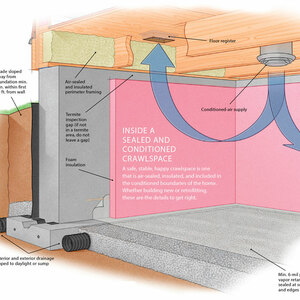


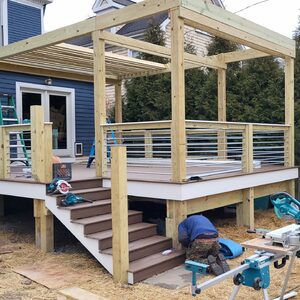




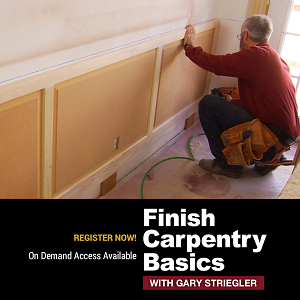




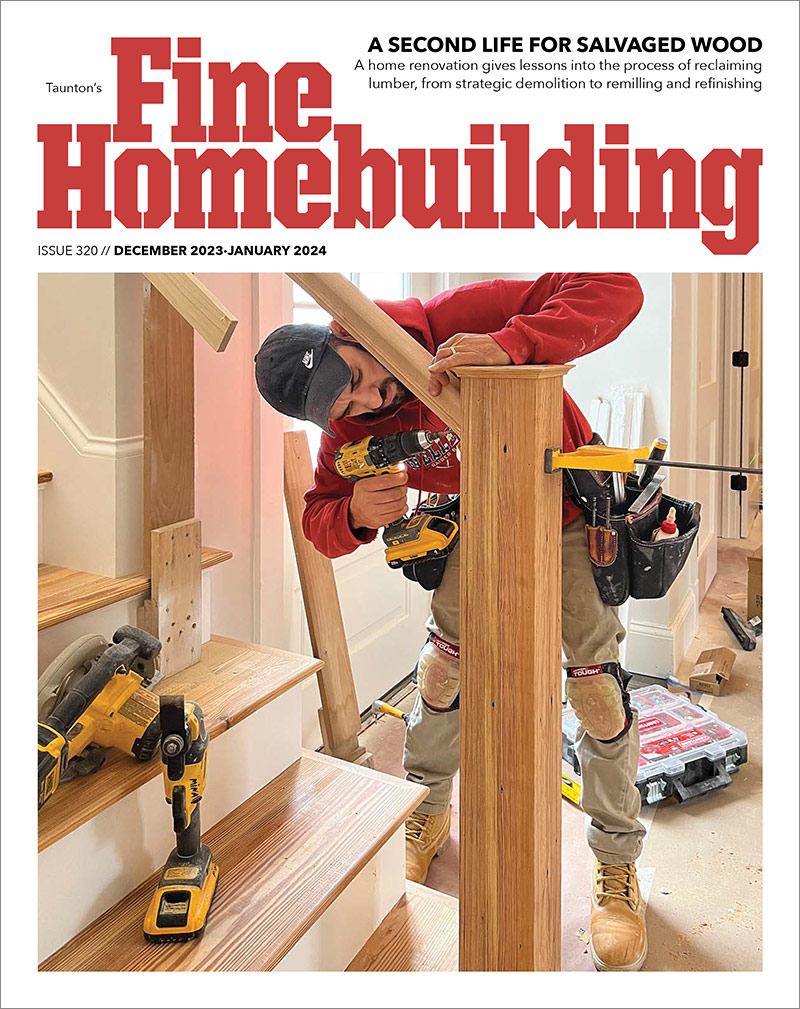
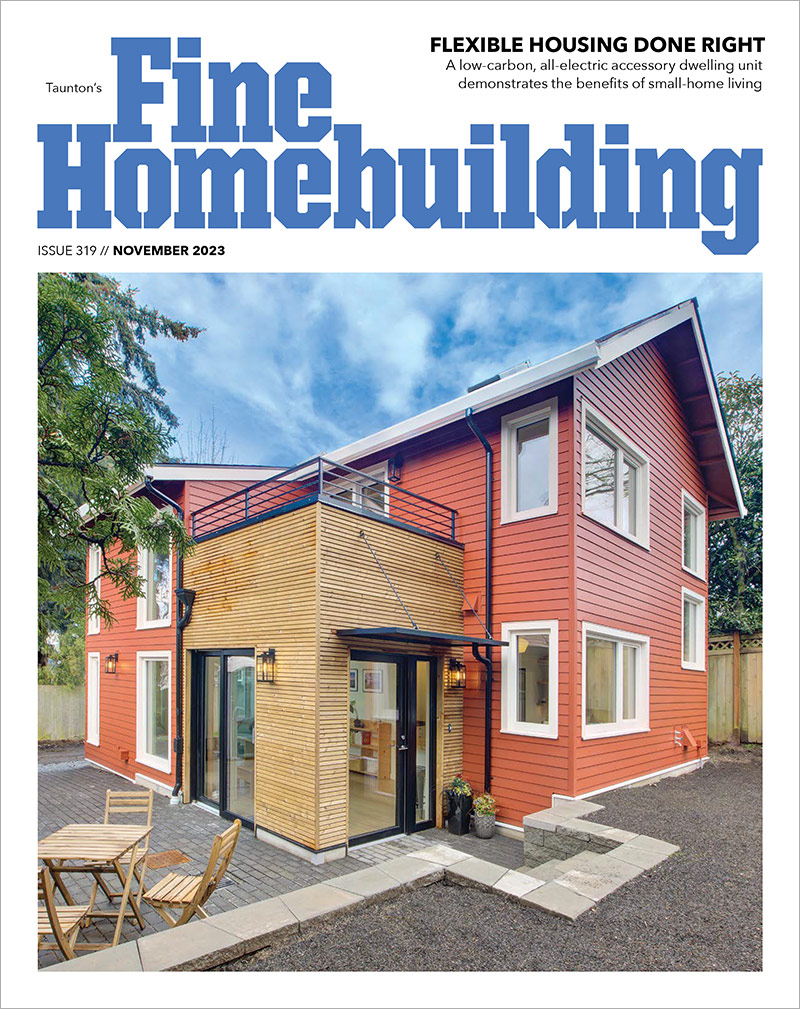

Replies
*
One of my bosses looked at doing this. I think the fact that scared him off was that the buyer was responsible for evicting the homeowners. I think he figured that the (former) homeowners might trash the place when they left. Don't have any insight to offer other than that.
I wonder - If the mortgage companies are trying to recover their losses, it seems that they could find a more profitable method of selling. Like evict the homeowners first and allow inspections. Sure seems like they could get more money for the places that way.
*Rich there is a good change for making some real money on these, but also of getting real pigs.First find out exactly who is running these ads. Are they legal announcements that they are being sold at the courthouse under terms of the state laws. Or are these homes that the bank has already "bought" at auction and now the bank is unloading them and setting the terms.As these are all controlled by state laws and they different get a briefing from a local attorny first. Find out if the orginal owner has a redemption period. Find out what liens will carry through. I think that most are wiped out, but tax liens will probably stay.Try to find out if there was any problems, other than people problems. For example bad mold or contamination from the filling station across the street.
*A neighbor got in trouble with the IRS and it seized his house. He put up a sign in his front yard warning off would be buyers. On the day of the auction the IRS sold his 75K home for 17K. It took the new owners four years to get clear title before they could gain access to the land and then another one year to repair the damage caused by the outgoing occupants.
*I bought one once. the judgment amount in the paper is what the foreclosing person (usually first mtg) is owed. at the auctions here, the bank will take the property back if no one bids over this amount and then they will sell through a relator. most of the ones I've seen have a judgment of close to or even more than the house is worth. ( if the homeowner could have sold it to avoid foreclosure he most likely would have). the one I bought had a 2nd mtg on it also, they got screwed. I was lucky enough to get inside b/4 the auction. Usually you can't. Also the owners were long gone, or I would have had to have them evicted. I would imagine they would trash the place(what do they have to lose?) also the owners had 30 days to reimburse me and take the house back, so I didn't do anything until then. It worked out ok, but not fantastic. hope this helps
*I did lien research on such houses for a few months years ago. Looked up all the liens in the name of the owners and against the property. Anyone whose finances are so screwed up that the bank is foreclosing has a multitude of problems. All those "No credit? We have jewelry/furniture/electronics for you!" retailers are after them. The second and third mortgages are hanging out there. Especially in a rising real estate market, I'd find a history of people living off their increasing equity. Then the market changes or their cocaine habit gets even bigger and it's tough to hold it all together with a regular paycheck.The other common factor is that divorces are expensive and sometimes one or both partners goes to town near the end.In larger metro areas there are pros surveying these for great deals. And they know how to dig out all the liens, records, etc and quanitify their obligations going in. (It is all public records. Free to look at and $0.25/page to copy, but still, a new skill to learn). So if it is a slam-dunk money maker someone with more experience will likely bid it up to point where it's less lucrative. Which leaves you winning the ones that take a lot of sweat and skill to turn around. But sweat and skill on normal remodels turns a profit with so much less bother and risk, IMO.Seems best for someone who is ruthless, willing to do a hack job of refurbishment and can learn all the legal aspects thoroughly. (e.g. People will trash Wells Fargo's house on the way out. But they know Mr Soprano will shoot their kneecaps off.)
*Hi, I'm in a forclosure house. I bought it for $107,000. When I refinaced it recently the appraiser assured me that his $650,000 was the bare bottom, most likely go for another 80 to 100 more. Now before you get all excited, It's taken me over 13 years here to have it increase that much. When I bought it, I got the courthouse records dateing back to when Minnesota became a state. Just about every other owner has gone bankrupt on this property. Since I'm in the midst of tearing the old house down and building a new timber frame I asked a local realestate guy to guess what he thought the new home would be worth, his best guess was another 250 or so (the old house was really crappy). I guess the point of my story is that location is the prime concern. If the location is really prime, like on a lake, in the most exclusive neighborhood, or something really special you can't go wrong. If it's not, if it's just a nice house in an OK neighborhood you really won't gain that much. Buy the worst house in the best neighborhoof you can. You can always fix it up, you can't always fix the neighborhood.
*Rich, the lure of big profits on foreclosures is rife with pitfalls.The primary reason I don't want anything to do with them is because you have to buy the home for cash. For instance, If a home is being foreclosed to meet a 100k note, the bank is going to bid a minimum of 100k. That means, that you are going to have to plunk down at least one dollar more than the bank to win it.There are winners in the market, but the big players are chasing them. I personally have met several big time buyers that haunt the courthouse steps. They have millions available on a continuous basis to snap up the deals. They can afford to hold them for 6 to nine months as the period of redemption expires.I personally don't see the sense in investing that much hard cash. You can get a much better return on your investment by leveraging your buys. There are enough motivated sellers to help you launch a real estate business without laying out that much hard cash.You also can often drive almost just as good as a deal by using that cash in the open market.blue
*Blue eyed devil, Jee I didn't know that I paid cash for my place, The bank who had the property carried my note and evan provided me with a bridge loan untill I sold my old home. I guess it depends on your credit and the bank. In addition the bank held a note for over $185,000 on the property, and agreed prior to the purchase to pay to clean out the house and haul it off. In return I agreed to bring the house up to code. I spent about $500.00 and about a month of weekend partime. My house was on the market for well over a year before I stumbled on it. So the sharpies must have been asleep. (actually what happened is when the bank listed the house they tried to get all of their money back. After 6 months with no action they lowered the price a little. Still no action. They dropped it down to $150,000 by now the realitors were so used to the listing that they didn't show it to anyone, figuring most would look at what a mess it was and ignore it's real potential. What I saw was the land. The neighborhood was filled with homes 3to 4 times the price. and a lot evan higher. The house was crap! But that can be fixed. I bought it as a tear down. Sometimes that's where the real deal's are. Don't buy the drapes and carpet buy the neighborhood.
*Frenchy, your house was a REO. That is not the same thing as buying at an foreclosure auction.blue
*Two friends and I decided to get into the forclosure rehab business several years ago. There's a magazine that is nothing but listings of these properties, I can't remember it's name now.We spent about a year going to look at alot of these properties and would sit down to crunch numbers and never figured out how to make it work.The houses will usually sell for something near their actual value so no advantage there. No body wants to be forclosed on so if the owner could have sold it, they would have. So you're mostly looking at homes that can't be sold because of the neighborhood, condition of the house, or some other problem.Actually, the only way thought it might work is to buy a rel junker in a nice neighborhod, slap a coat of paint on it and sell it to someone well below the average income of the neighborhood who would pay for the location instead of the house. But renovating slum houses didn't sound very satisfying.